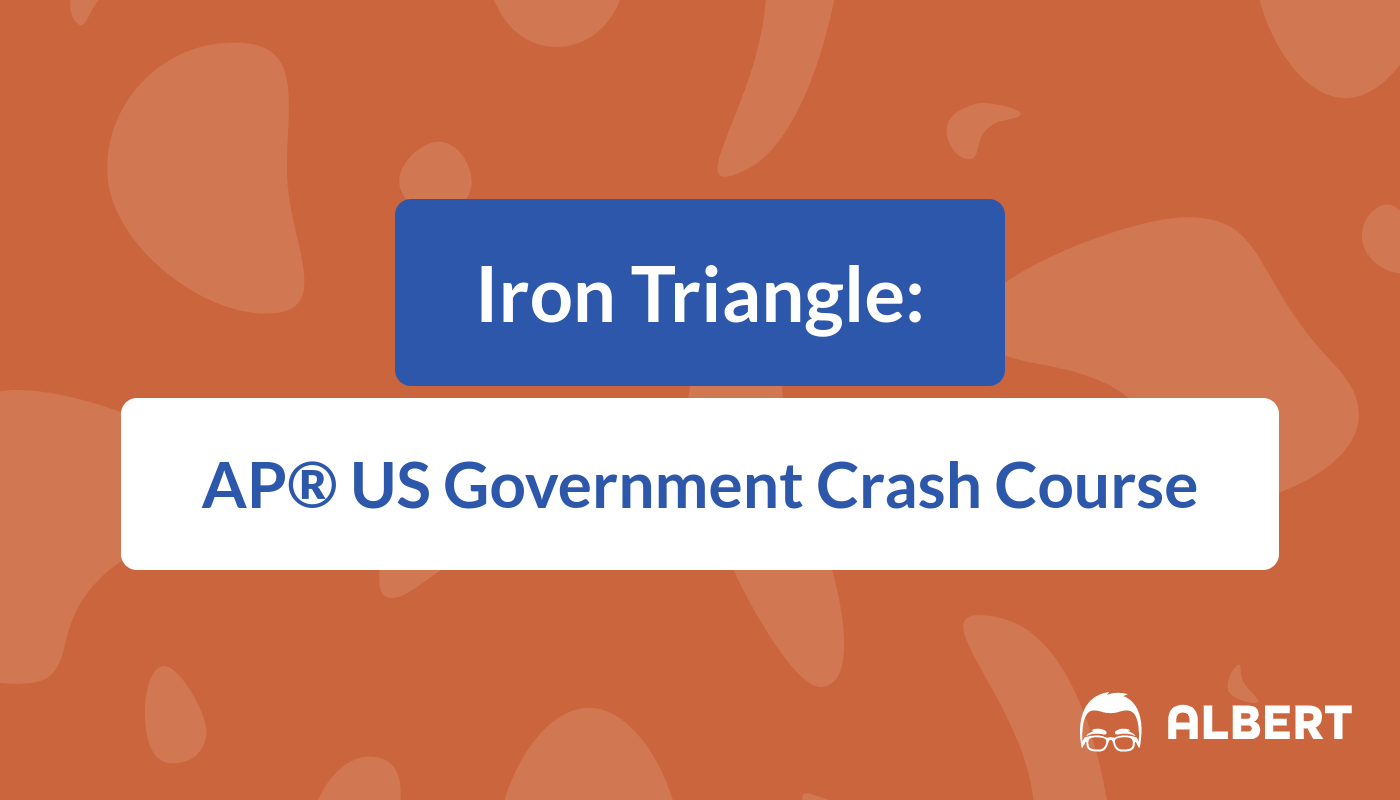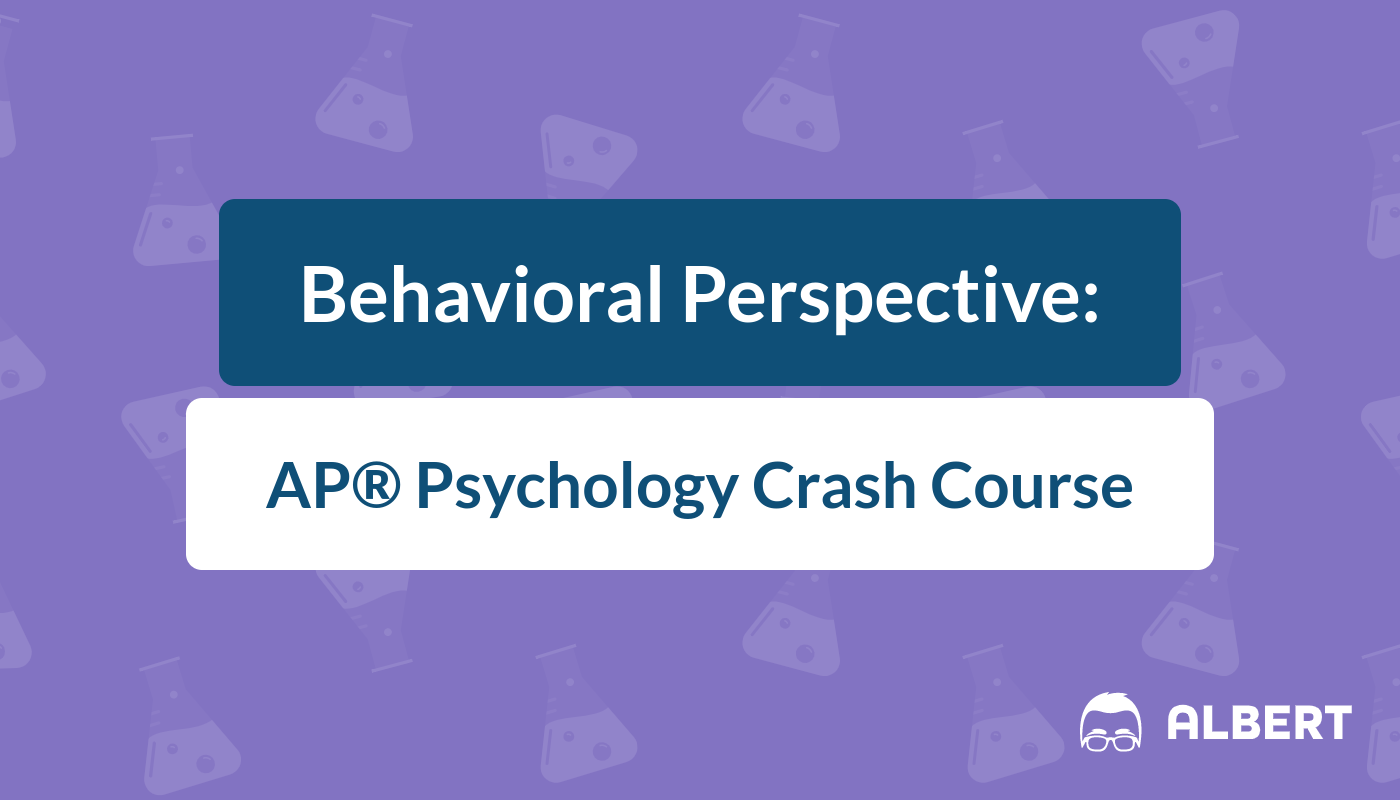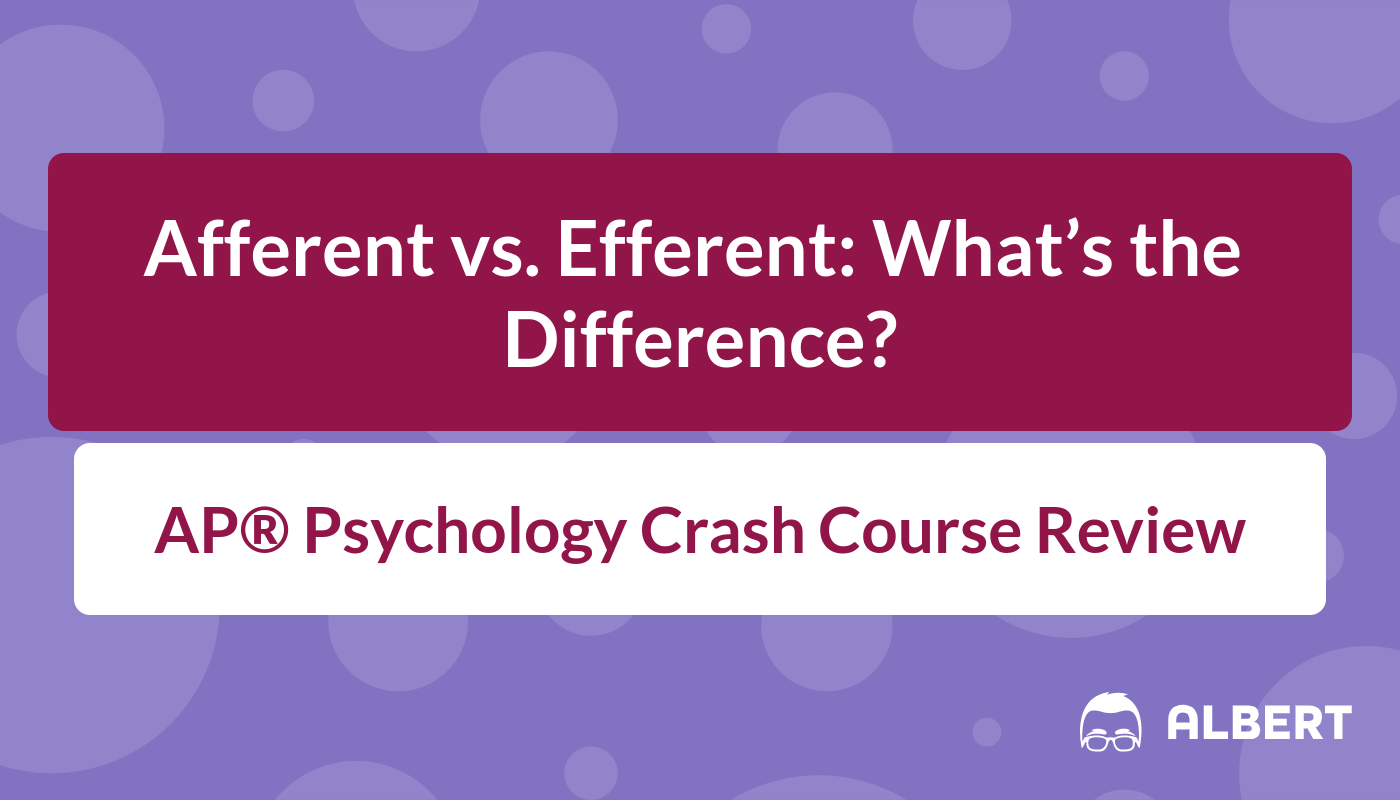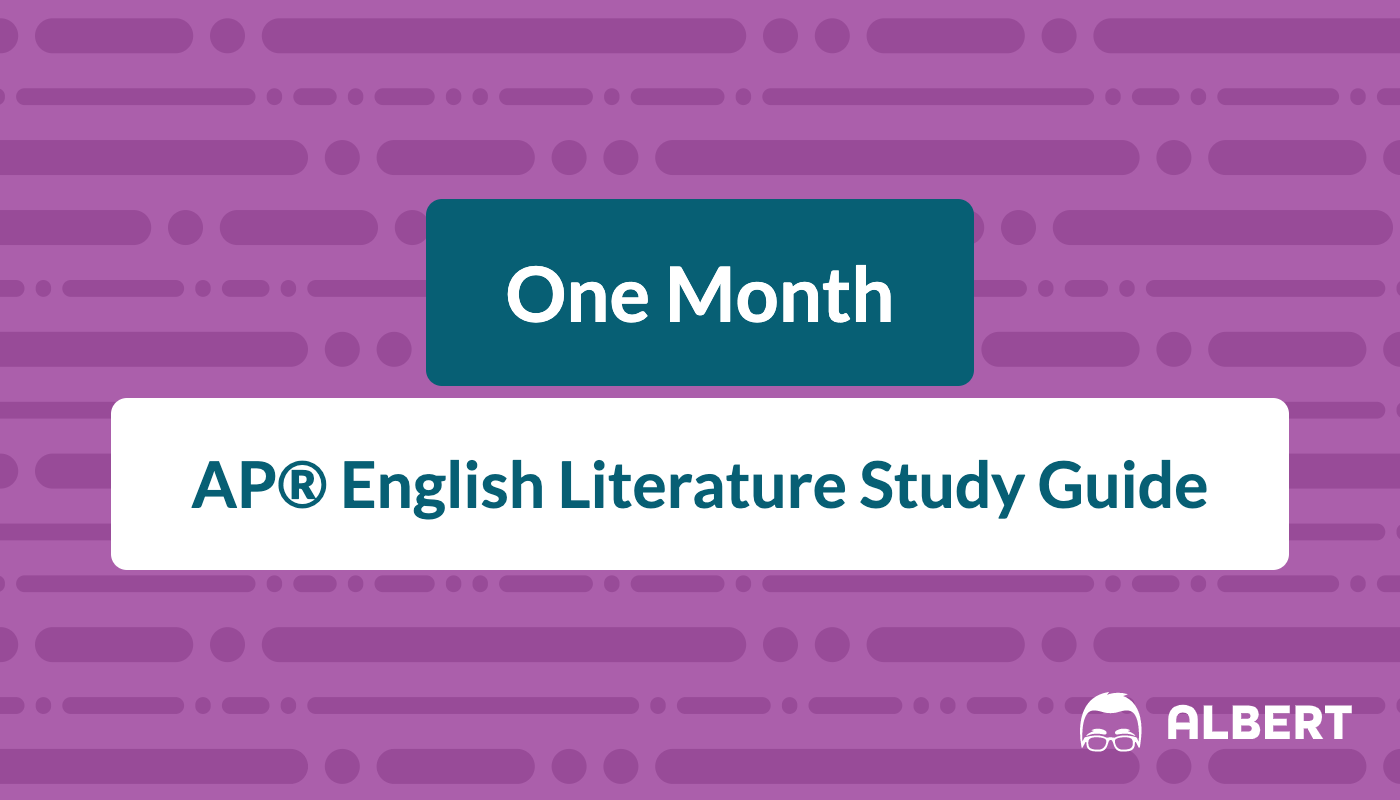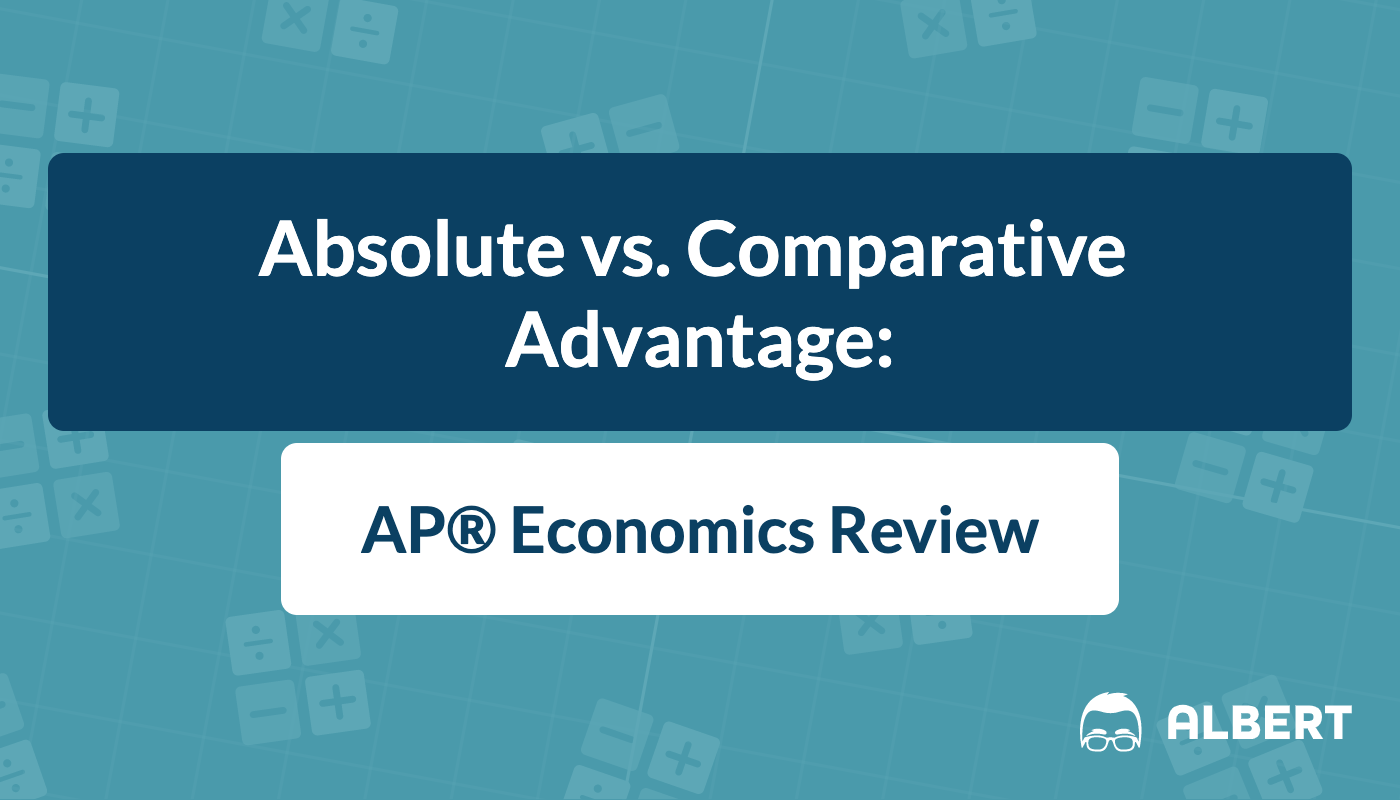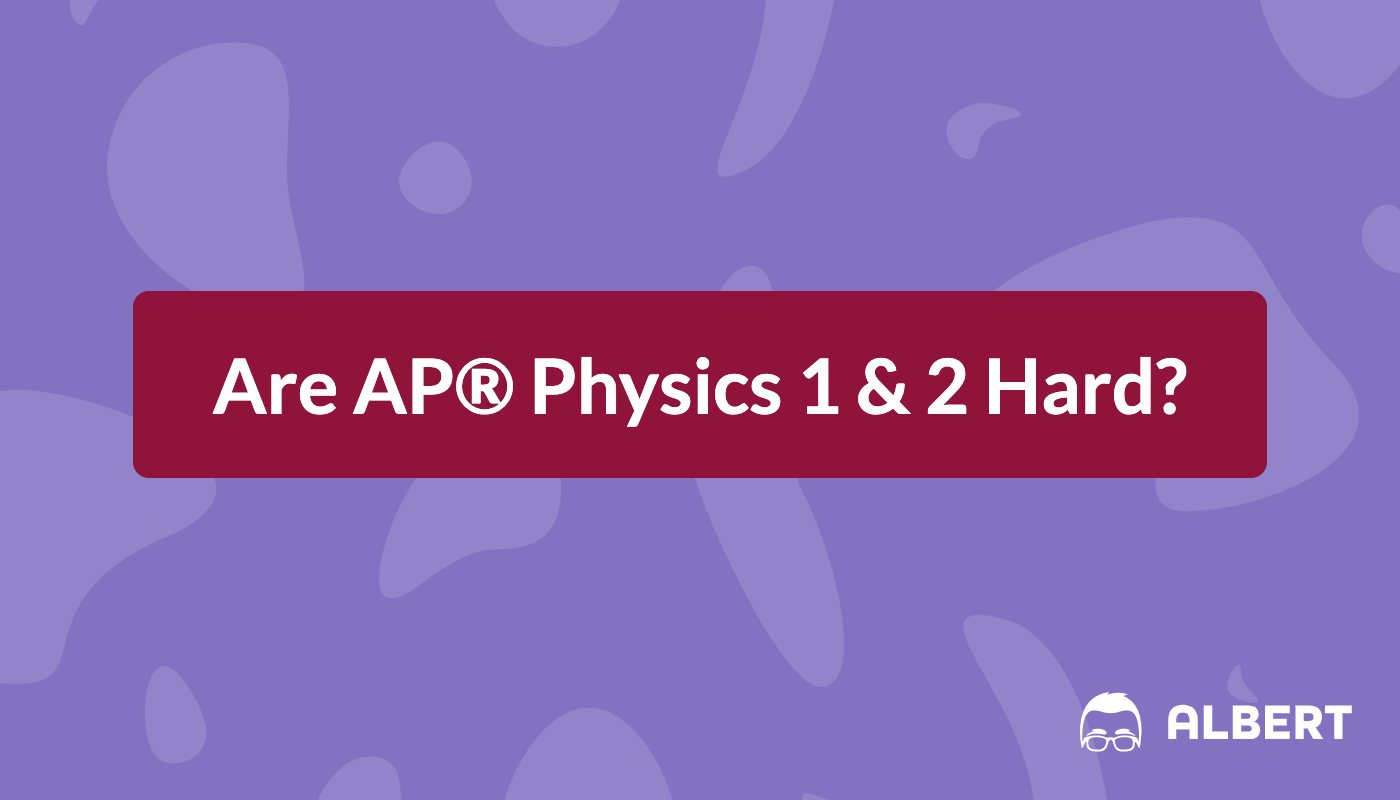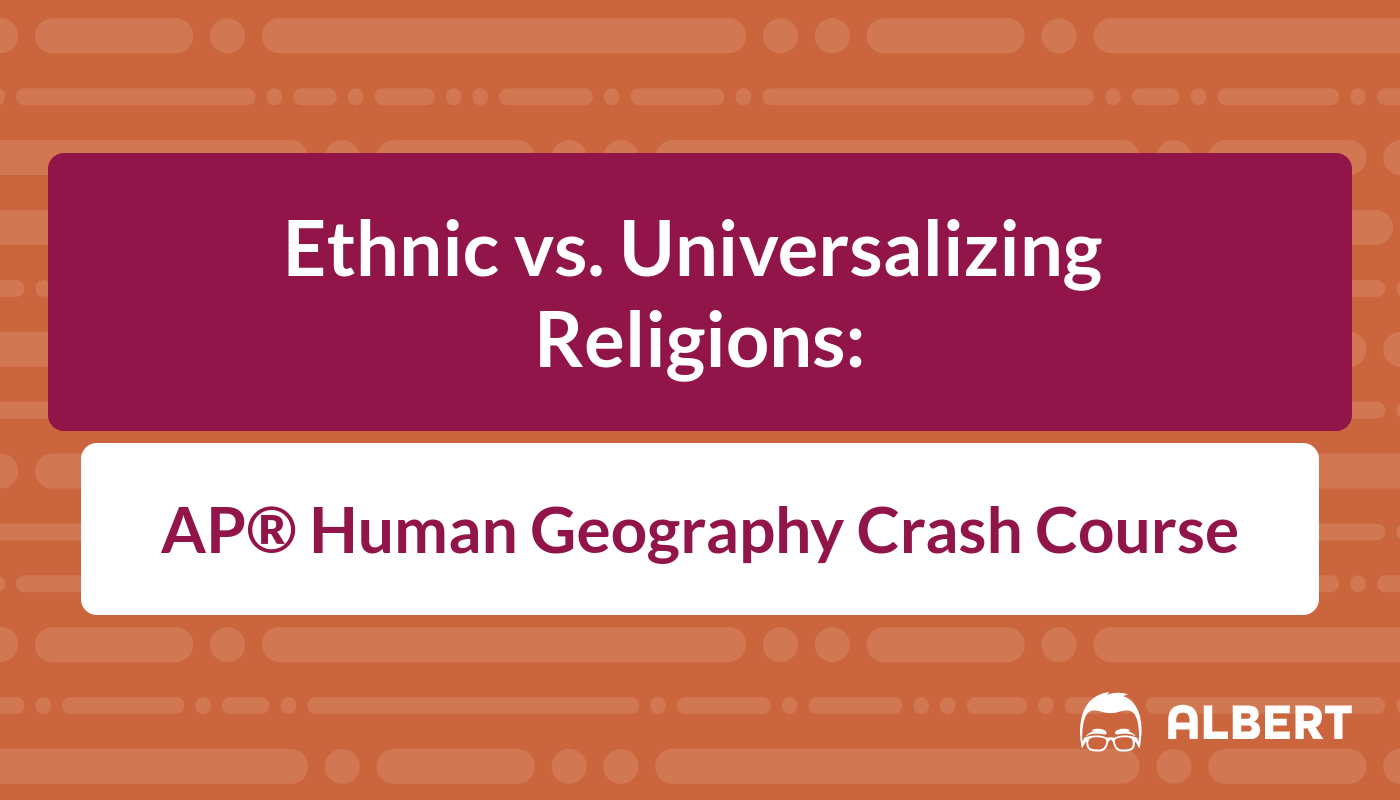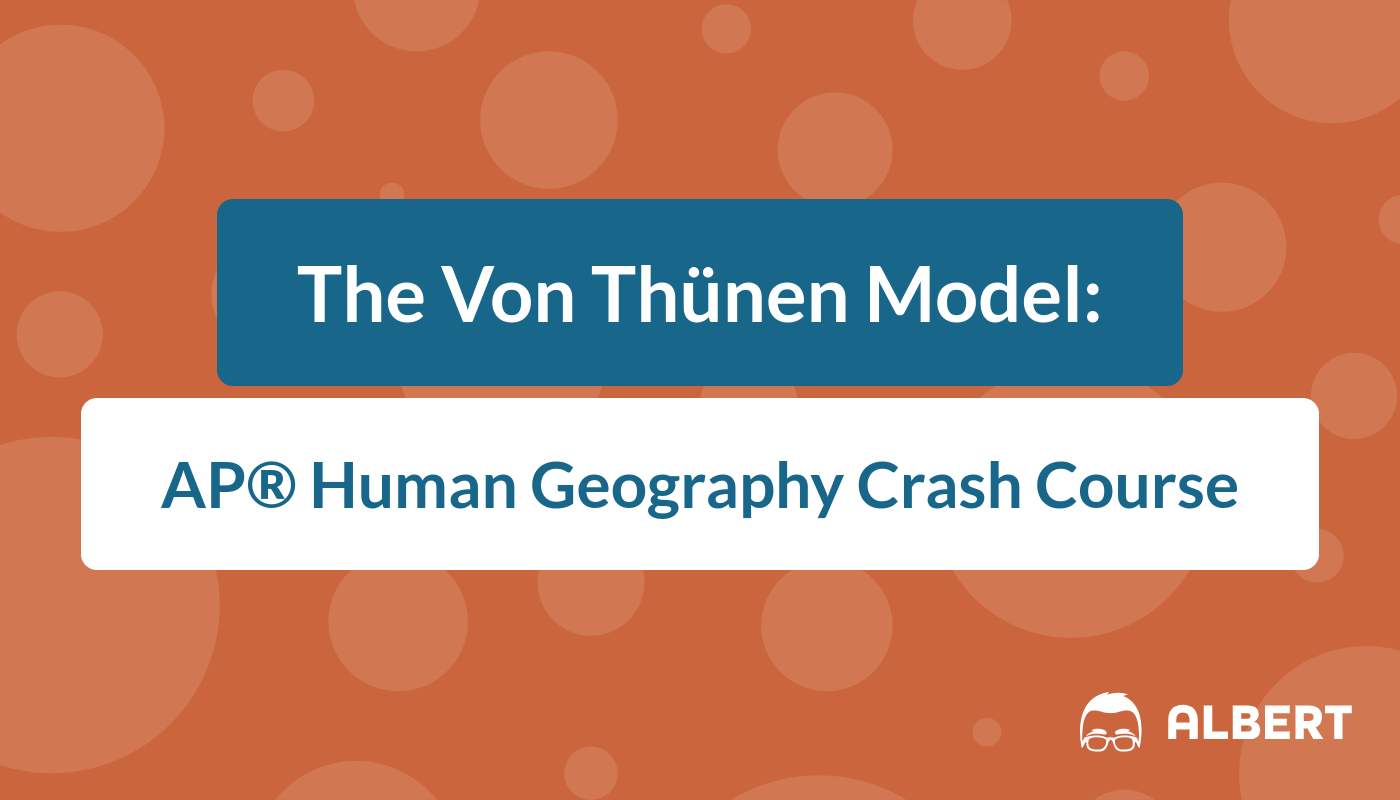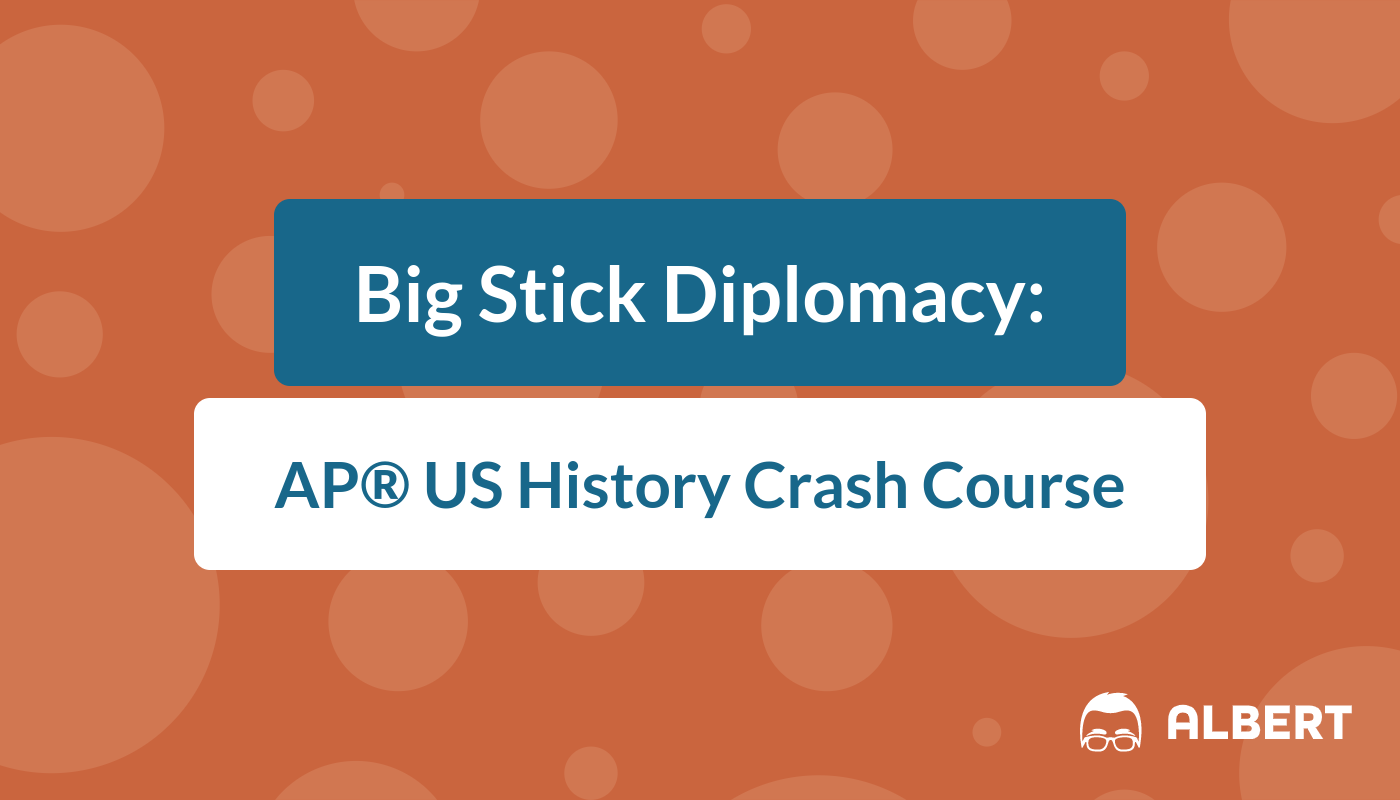The First Great Awakening: AP® US History Crash Course
Before the age of revolution, America experienced a time of intense revival and renewed focus on religion. It shaped much of American culture in years to come and laid the foundation for future religious and social movements. As an AP® US History student, it is absolutely essential that you understand the importance of the first great awakening in America. This crash course will fill you in!


